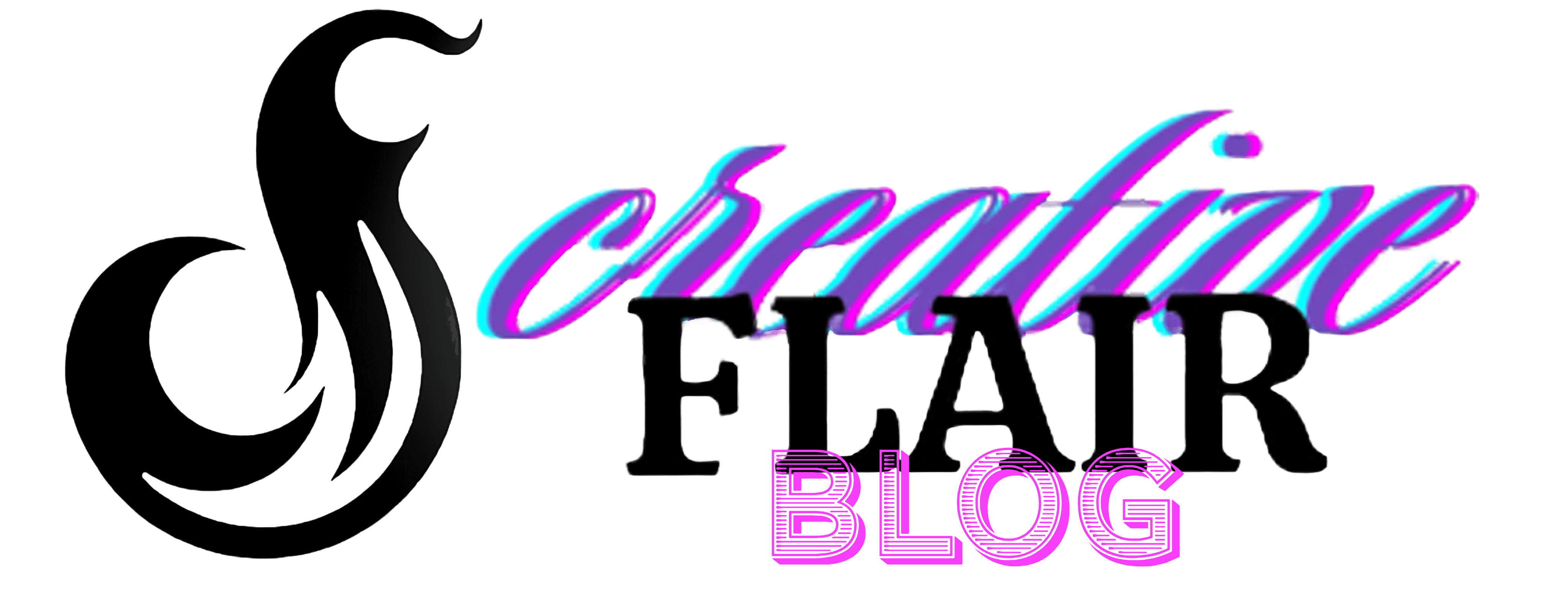Writing therapy, also known as journal therapy, is a structured approach to using written words for emotional and mental well-being. Unlike casual journaling, it involves specific prompts that guide individuals in examining their thoughts and feelings more deeply. This method has shown significant benefits in reducing symptoms of PTSD, anxiety, depression, and even chronic illnesses. By transforming raw emotions into structured accounts under professional guidance or individually, writing therapy offers new perspectives and insights.
What is Writing Therapy?
Writing therapy, or journal therapy, is a structured method using written words to explore thoughts, feelings, and experiences. It differs from regular journaling by using directive prompts that guide individuals to examine specific issues or events more deeply.
The process often involves professional guidance, though it can be practiced individually. A qualified therapist can help direct the writing towards therapeutic goals, ensuring the process remains beneficial without overwhelming the individual.
Writing therapy typically progresses through stages:
- Exploration: Identifying emotions and causes of distress without judgment.
- Clarification: Recognizing obstacles or challenges to emotional balance.
- Resolution: Taking action to address these challenges, fostering a sense of control and peace.
This structured approach helps transform raw emotions into organized accounts, offering new perspectives and insights. It can also provide physical benefits like improved immune function, better sleep, and reduced stress levels.
Benefits of Writing Therapy
Writing therapy offers significant emotional and mental health benefits, supported by extensive research. Studies have shown it can alleviate symptoms of PTSD, anxiety, depression, and even chronic illnesses.
For PTSD sufferers, writing therapy provides a safe way to confront and process traumatic experiences. Research indicates that expressing thoughts and feelings about trauma can decrease the frequency and severity of PTSD symptoms.
Those with anxiety and depression can find relief by externalizing their worries and depressive thoughts. This process helps individuals intellectually and emotionally process their feelings, leading to improved mental health outcomes.
Chronic illness patients have also shown improved health markers through writing therapy. Studies have found that patients with conditions like HIV/AIDS experienced boosted immune functioning after writing about stressful experiences.
Writing therapy's power lies in its ability to help individuals find meaning in their experiences. By uncovering patterns and connections, people can make sense of their emotional landscapes, leading to personal growth and emotional resilience.
This practice can complement other forms of therapy effectively. For example, cognitive-behavioral therapy (CBT) often incorporates writing assignments to help individuals track their thoughts and behaviors, fostering greater self-awareness.
How to Get Started with Writing Therapy
To begin writing therapy:
- Set clear goals for what you hope to achieve.
- Choose comfortable journaling tools, whether pen and paper or digital.
- Schedule regular writing time in your daily routine.
Use the WRITE steps method:
- What: Identify your writing topic.
- Review: Reflect on the topic.
- Investigate: Write freely about your thoughts and feelings.
- Time: Set a timer for 15 minutes of non-stop writing.
- Exit: Re-read and reflect on what you've written.
Write authentically without worrying about grammar or spelling. If you're stuck, try smaller prompts like "What made me smile today?" or "The hardest part of my week was…"
Create a conducive writing environment free from distractions. Consider integrating visual elements like drawing or mind mapping to stimulate deeper insights.
Remember, writing therapy is flexible. Some days may involve deep introspection, while others might focus on lighter daily observations. Allow your practice to evolve naturally to suit your needs.
Advanced Techniques in Writing Therapy
To deepen your writing therapy practice, consider these advanced techniques:
- Poetry: Use metaphor, rhythm, and imagery to express complex emotions creatively.
- Mind mapping: Create visual diagrams connecting thoughts, feelings, and memories to better understand relationships between different aspects of your inner world.
- Creative writing: Craft fictional stories to explore emotions from a safe distance by projecting feelings onto characters or situations.
- Multimodal approach: Combine writing with other therapies like art therapy or physical activity. For example, draw or paint your feelings, then write about the artwork, or engage in exercise before a writing session to enhance emotional exploration.
Case studies demonstrate the effectiveness of these techniques:
- Hannah, a university student with anxiety and depression, found relief through a combination of poetry writing and morning jogs. This approach helped her identify root causes of her anxiety and provided a constructive emotional outlet.
- Martin, a war veteran with PTSD, used narrative writing exercises and art therapy to tackle his trauma. Mind mapping helped him connect his war-time experiences to current emotional triggers, while drawing and writing about his art provided new insights into his experiences.
These advanced techniques offer versatile tools for emotional exploration and healing, whether integrated into a structured therapeutic plan or used independently.
In summary, writing therapy is a powerful tool for emotional clarity and healing. By committing to regular writing sessions and exploring various techniques, individuals can achieve greater emotional resilience and personal growth.
- Pennebaker JW, Beall SK. Confronting a traumatic event: toward an understanding of inhibition and disease. J Abnorm Psychol. 1986;95(3):274-281.
- Smyth JM, Stone AA, Hurewitz A, Kaell A. Effects of writing about stressful experiences on symptom reduction in patients with asthma or rheumatoid arthritis: a randomized trial. JAMA. 1999;281(14):1304-1309.
- Baikie KA, Wilhelm K. Emotional and physical health benefits of expressive writing. Adv Psychiatr Treat. 2005;11(5):338-346.

























